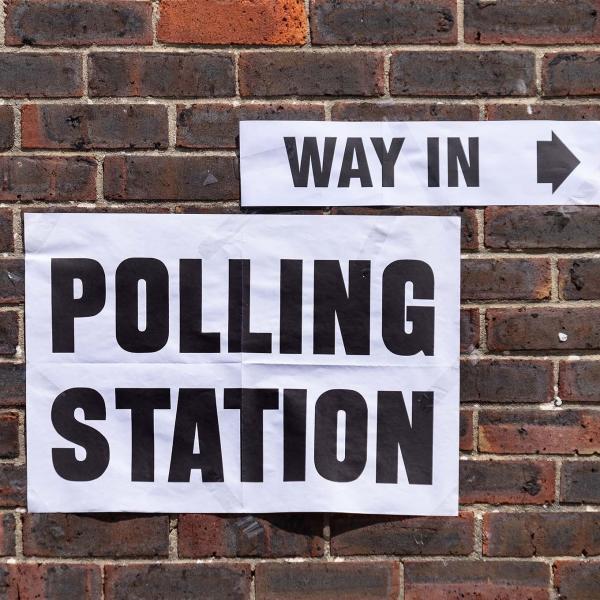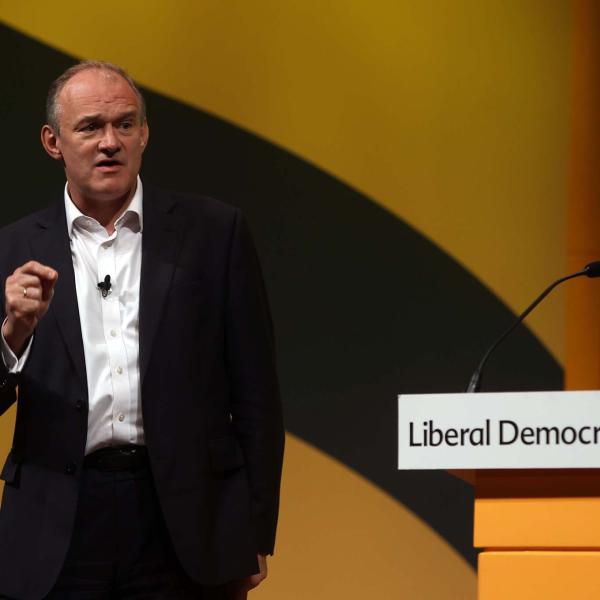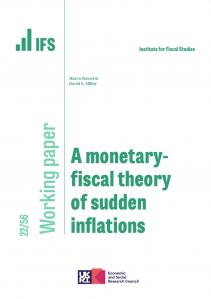<p>Given the current state of the Government's finances, talk of tax-cutting by the three main parties might seem to fly in the face of common sense. But at a time when problems in the financial sector may be dulling the impact of cuts in interest rates, tax cuts may be worth thinking about as a way to limit the depth of the recession. </p><p> </p><p>Perhaps not surprisingly, the parties are less keen to point out that once the economy has stabilised, the Chancellor - or his successor - is likely to have to implement deeper cuts to public spending and yet more tax-raising measures to reduce government borrowing and debt to sustainable levels. </p><p> </p><p>David Cameron's Conservatives yesterday proposed a temporary cut in National Insurance Contributions for some firms that hire people who have been claiming out-of-work benefits for more than three months. This could help keep people out of long-term unemployment during a recession when such hiring is likely to be very low. But it is not clear that the policy would get enough such people into employment - and save as much money in the process - to be self-financing as the Conservatives claim. But a modest net giveaway to firms could be a useful fillip to the economy. </p><p> </p><p>Nick Clegg's Liberal Democrats would abolish council tax, while increasing taxes on polluters, those who make big capital gains and those on higher incomes who save in private pensions. (On average the headline cuts to national income tax that they propose would simply be replaced by a new local income tax). Redistributing money from savers to spenders in this way could help boost the economy. As with the Conservative plan, it is not clear that this package would be revenue neutral. Any net giveaway would boost the economy in the short term, but would need to be recouped later. </p><p> </p><p>As far as Labour is concerned, we must wait until the Pre-Budget Report to discover what further action, if any, Gordon Brown and Alistair Darling deem necessary to help the economy through the current downturn. The key judgement is whether the current extraordinary circumstances justify the use of active fiscal policy to help stimulate the economy. If so, we can expect some combination of spending increases and tax cuts, financed - in the first instance - by higher borrowing. </p><p> </p><p>A well-designed package would be targeted at boosting spending in the UK economy, implemented quickly, and would have a limited impact on the long-run health of the public finances. The Conservative policy scores highly on these counts, but at least three other policy options are worth considering. </p><p> </p><p>First, tax cuts for those on lower incomes would put money in the hands of those most likely to spend it. Second, a permanent increase in capital allowances for firms would encourage investment and could be a sensible longer-term reform. Third, announcing that the VAT rate was to be lowered temporarily, but then increased permanently, would encourage spending today and also help reduce borrowing in the longer term. But even in extraordinary times, this may look a little too bold.</p>








